How Does One Rebuild A Life When it’s Been Smashed into Smithereens?
After my husband Chuck died, I was left standing in the middle of my interrupted life, not knowing which way to turn. I remember myself in those days as feeling trapped in my body, desperate to get out. Everyday was like Groundhog Day, the same excruciating pain, the same numbness, anxiety and depression. I was going through the motions each and every day, waking up, starting a new day over again, searching for my husband, falling asleep and awakening to the same routine again.
I had developed routines, but these felt shallow and not rooted in reality, my new reality, that was taking shape as I continued to live and breathe. I became desperate with a desire to distract myself from my ever-present thoughts and to stay healthy so as not to lose my fragile mind. This was a very, very tough time, and as I entered what I like to call my “new normal” I was sure it would last indefinitely.
As the months dragged on swiftly – normal time ceased to exist for me – it was some time in the following year that I began to feel a bit more hope. I would come to realize that I was starting over, a clean canvas, but now all alone. I had an opportunity to reconstruct my life anyway I chose. I was, after all, now ONE, and all my future choices were my call. I no longer had to ask for anybody else’s opinion, or have my husband weigh in on the decisions I would make. This realization helped to drive my life forward. I began to assess everything in my life: my home, my work, my faith, my friends, my lifestyle, myself, and my purpose.

Who was I Before and Who Do I Want to be Now?
Everyone who experiences the loss of a spouse should do a self-assessment at some point, when they’re ready and able. It’s a good thing.
You might ask yourself, “How do I want to live my life now?”
This question will help to highlight the fact that your life has transitioned from two to one (hard to swallow), and although you are alone, you do not have to spend your life in loneliness.
A New Opportunity
Although it’s understandably difficult for many widows and widowers to look at their loss as a moment in time when positive changes are just beyond the horizon, in time many will come to know that they have new options for their lives.
When you reach that point where you’re ready to create something new in your life you might want to ask yourself a few more questions. Jot down the questions and the answers in a little journal that you can refer to as you go, it will serve as a template for your new life. Here are some samples of what you might ask yourself:
1. Who am I now?
2. How has the effect of this loss changed me?
3. Where do I go from here? 4. Who do I want to be in my new reality.
Be truthful with yourself, as this is not about optics, but an opportunity for you to really decide in what direction you want to take your life. These questions will help to give you an idea of what you want and how you want to live. Your new life is certainly not one you’ve lived before, as you are now a widow or a widower. How small or how large do you want your future to be? How do you plan to get there? It’s all up to you.
You should also ask yourself one very practical question: What can I do to change my living space to suit my new life and needs?
I would suggest that you do not do anything drastic particularly in the beginning, but think about how you can personalize where you live so that it suits your needs now. You can actually consider moving, or making changes in your current home that you would never have thought about doing before. A fresh look at one’s surroundings can inspire you to look at making changes in other areas of your life.
I have a friend who lost his wife and is now in a relationship with someone who is different from his former spouse. Although this friend grieved the loss of his wife so sorely, after having cared for her for years, he would one day begin to yearn for female companionship again. He met someone who now complements who he is now, and they are having a great time together. He did this after nine months which brings me to this salient point: there is no discretionary time frame after the loss of a spouse to pursue one’s own desire to seek companionship again. Old rules like waiting a year after are no longer viable and whenever you’re ready to move on it’s fine. If you’re never ready, that’s fine too. Your life is yours.
We as human beings are always in transition, because the world is ever-changing, situations change, death changes those who are affected, as it should, as we become cognizant of our own mortality and the time we have left. We must not get stuck in the past and we must continue to live and thrive and be hopeful about our future. Death then, can become the catalyst for new opportunities to come to fruition in one’s life. After a time, we may or we may not come to this realization, but if we do, we must seize the time. Staying stuck in the past does not stretch us, and may do more harm than good.
Trying a different route home, making new friends, developing new interests will unlock doors allowing new experiences to take hold. There will be bouts of loneliness, waves of grief, but the time between these episodes will increase as one rebuilds a life bit by bit.
Many people are so laden with grief that to become free of it can be unsettling, and may seem uncomfortable at first. But as one begins to feel a sense of optimism and hope as they turn their attention to living again and move away from the constant pain of loss, they will begin to rebuild their lives in ways that suit their new normal. One may even open the door to love again if they choose.
Ask yourself some of the questions that I have posed. You will probably not be able to do this in the beginning of your loss, but at some point you will want to figure out your next move.The answers to these questions will become the blueprint that you will use as you recreate your life.
Should you choose to stumble down a new path like a newborn, you will be led in a direction beyond your loss toward a life with no labels, only to discover who you are becoming next in this new chapter, on your own terms.

Read more about rebuilding life after loss my in book Brave in a New World: A Guide to Grieving the Loss of a Spouse at Amazonhttp://tinyurl.com/qghzw3e or you can order at Barnes and Noble.





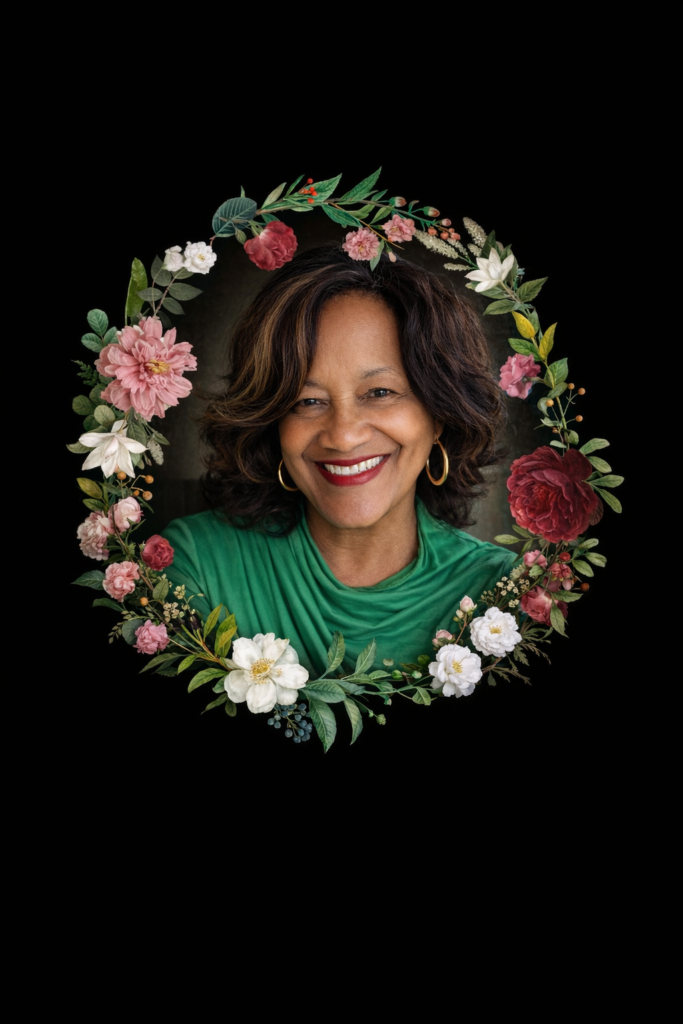
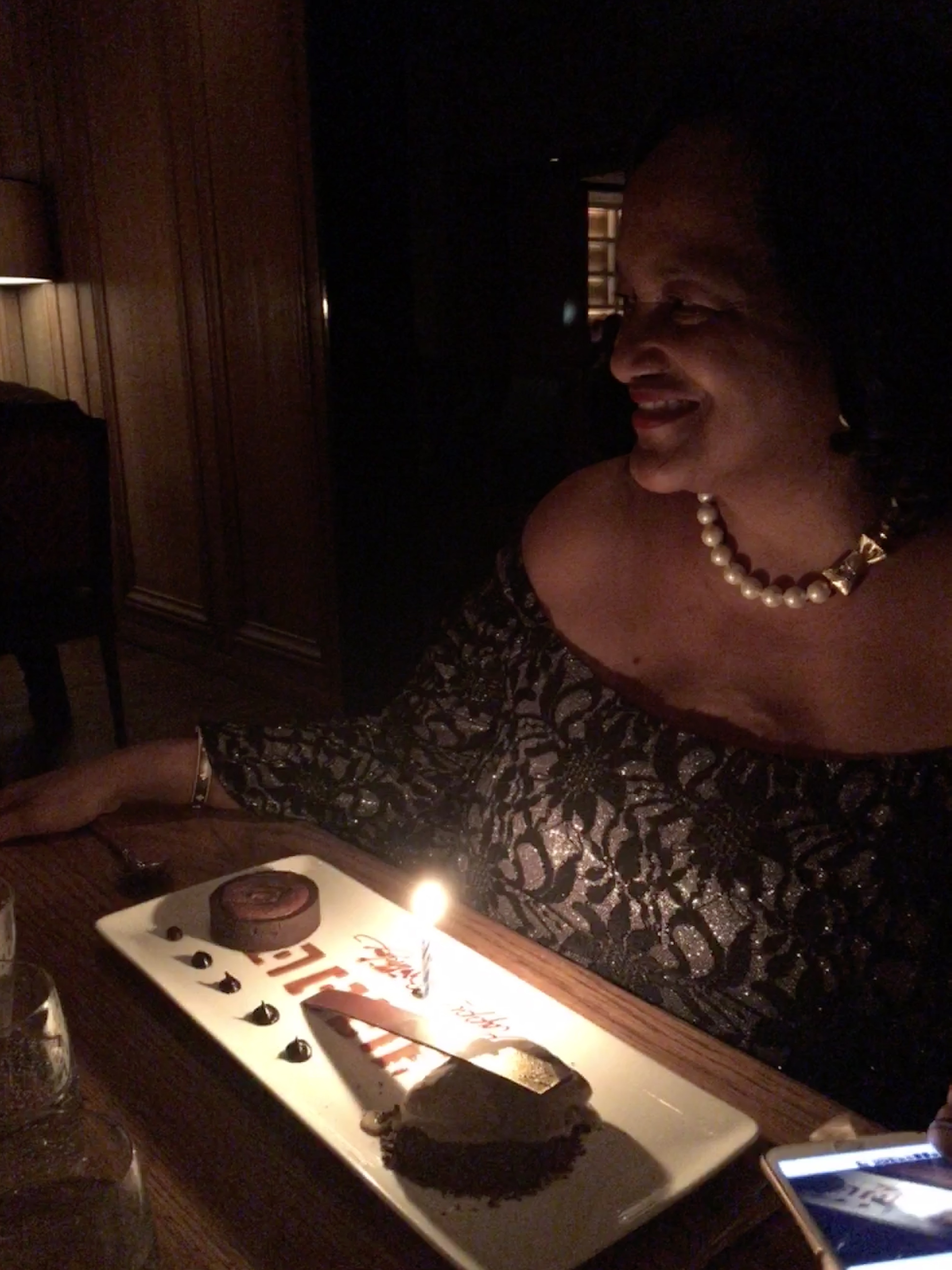

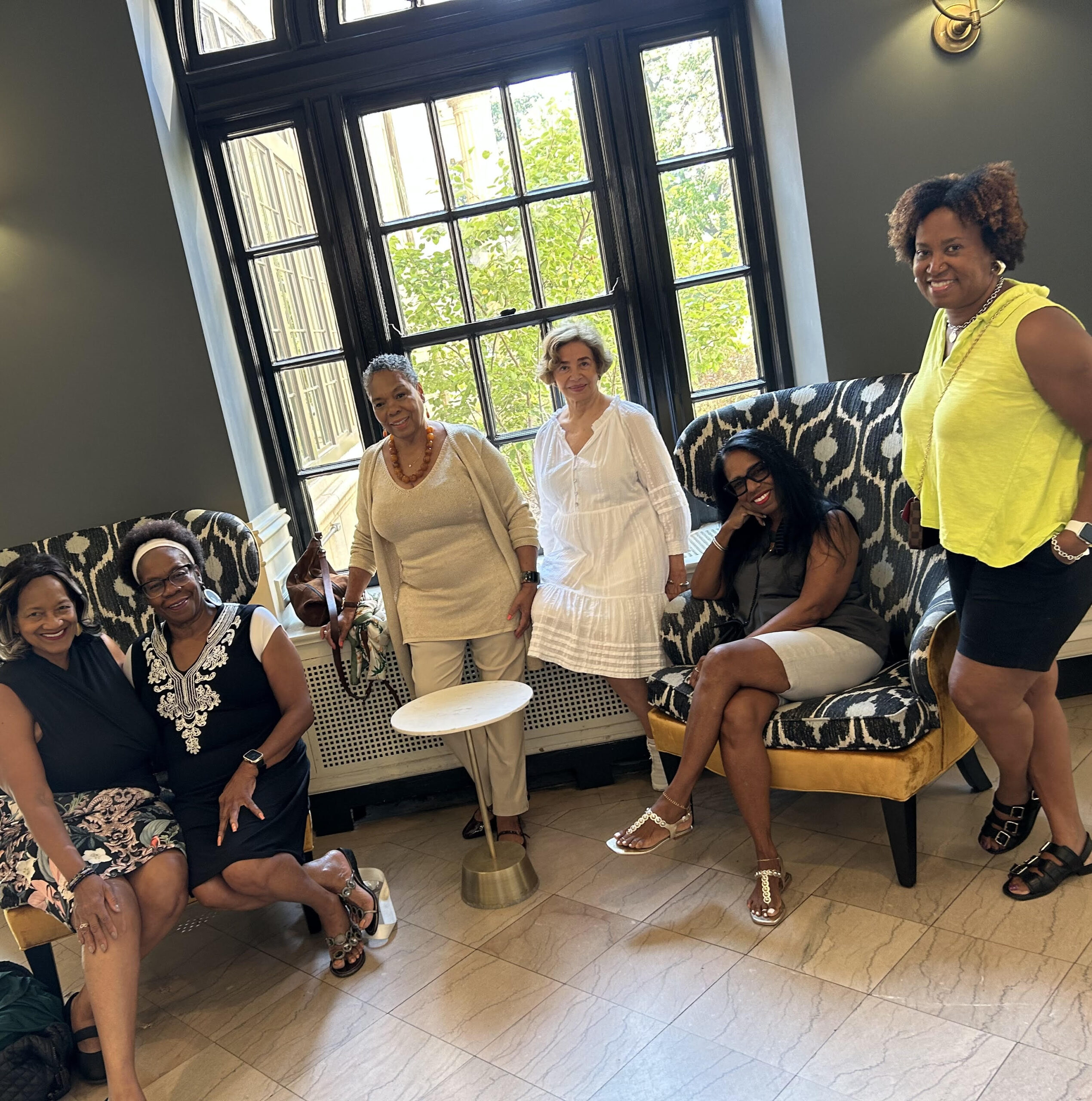




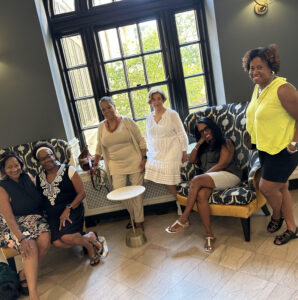







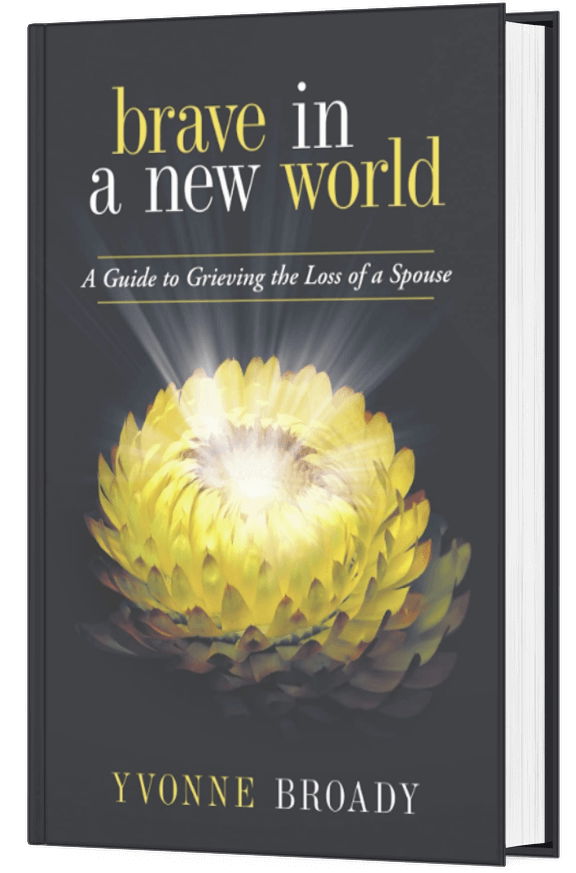

0 Responses
Yvonne my God Sister sent me your book and the link to your blog. My husband passed away it will be 4 years in October. He battled cancer for 10 years. I can relate to everything you have gone through. One thing that was a turning point for me was redoing my bedroom. Out with the old furniture in with the new. That was my first step to getting back to who I was. I’m still a work in progress.
Thank you for your gracious comment.I am so sorry for your loss.It sounds as though you are reconstructing your life bit by bit.Changing things helps you to feel hopeful about your future and empowered.I am so glad that my book has given you some comfort.You were a caretaker for a long time.I’m so sorry for your loss but I know that he is with you still.May you continue to move your life forward.Many blessings to you.